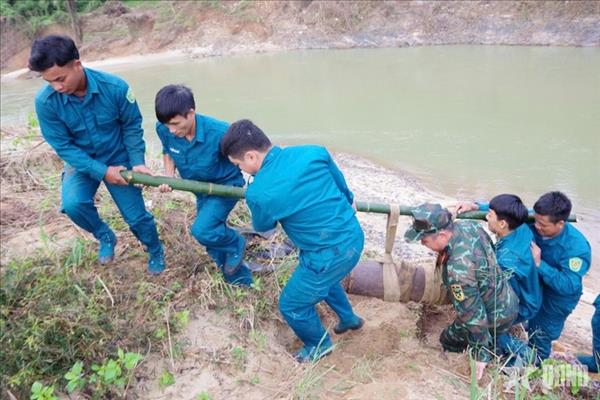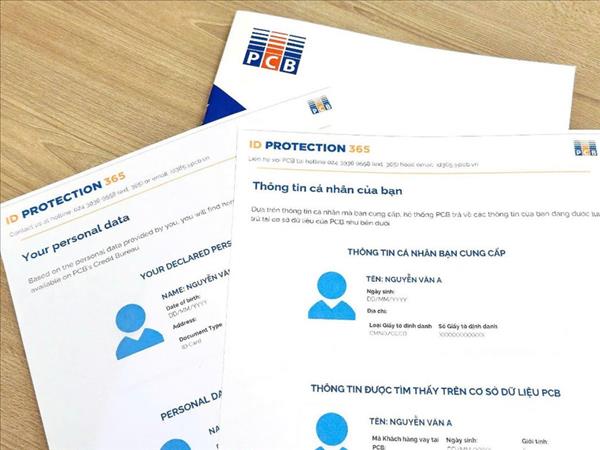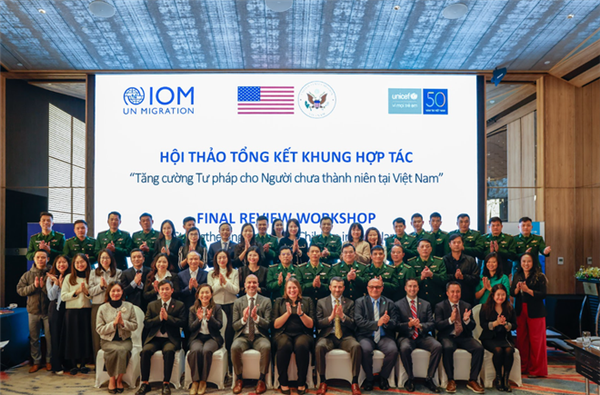On June 17, 2022, the last captive bear in the southern province of Binh Phuoc was handed over to a bear rescue centre of Cat Tien National Park.
Last year, the northern provinces of Thai Binh and Ha Nam became the next localities in Vietnam to officially put an end to bear bile farming. Notably, Ho Chi Minh City, which was previously the second largest hotspot of bear bile farming in the country, now only has 13 bears in private facilities.
As of October 2022, the capital city of Hanoi still recorded the highest number of bears in captivity nationwide, with 140 bears in private facilities, accounting for 54.5% of the total number of bears in captivity across the country.
Bui Thi Ha, Deputy Director of Education for Nature Vietnam (ENV), hoped that in the near future, Hanoi's authorities would take more decisive actions to step up the elimination of bear captivity activities in Hanoi and Phuc Tho outlying district in particular. She also expected that by 2025, Vietnam will successfully end the situation thanks to the efforts of the municipal authorities.
Also last year, ENV recorded 399 tiger-related violation cases, over 88% of them were discovered on the cyber space.
With the support of ENV, competent agencies confiscated or received the transfer of 2,101 live wild animals, including 97 monkeys, 22 bears, 12 tigers, 295 tortoises of different species and many others.
Do Quang Tung, Director of the Ministry of Agriculture and Rural Development (MARD)’s Endangered Wildlife Conservation Project, said the current legal framework for controlling the exploitation and trading of wildlife is basically complete, comprehensive, and appropriate for practical requirements, such as the 2017 Forestry Law and related legal documents.
He added that the dissemination of legal regulations and coordination among the stakeholders in legal enforcement and settlement of violations have been carried out concertedly, resulting in strict punishments for a number of violations and a significant reduction in demand of wildlife and their products for food, medicine, and jewelry.
According to ENV’s 2022 report, up to 1,247 online advertisements for the sale of wild animals were successfully removed.
Since early 2022, a total of 92 online groups specialised in wildlife trading with 243,336 members have been disabled.
Ha added that 71% of the total 1,509 violations detected and reported to the authorities via ENV’s hotline have been successfully dealt with./.

















